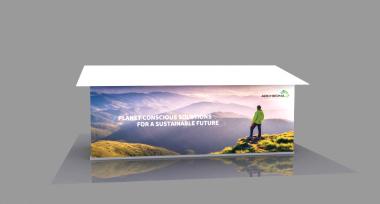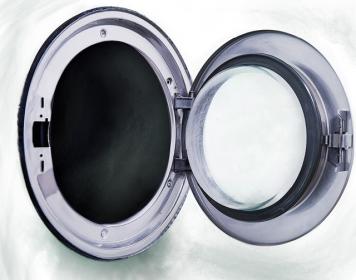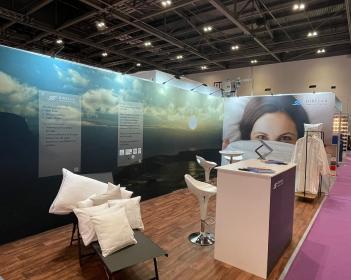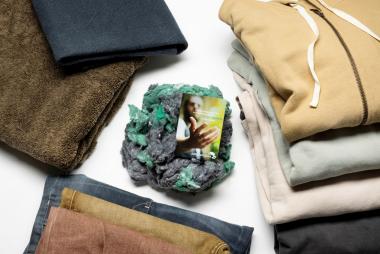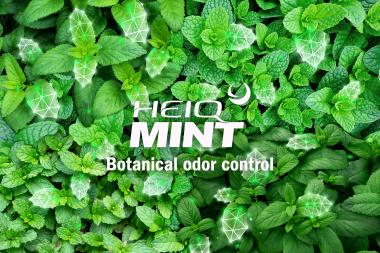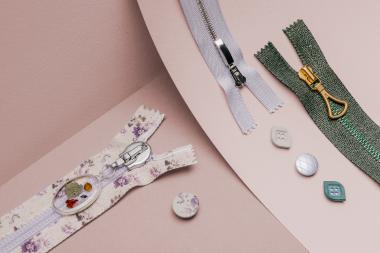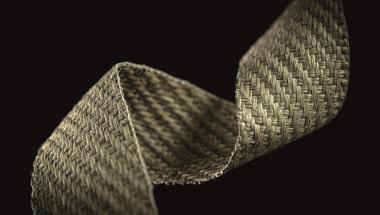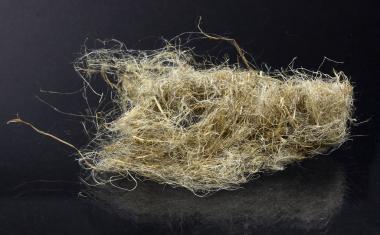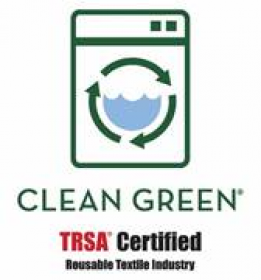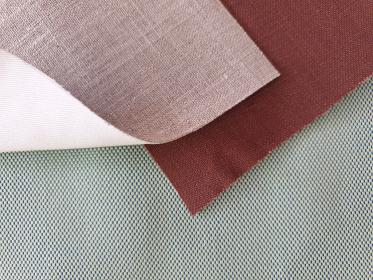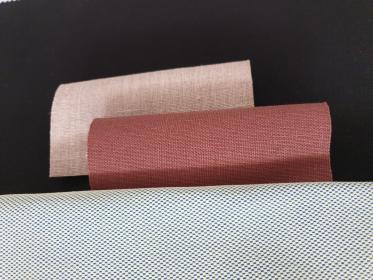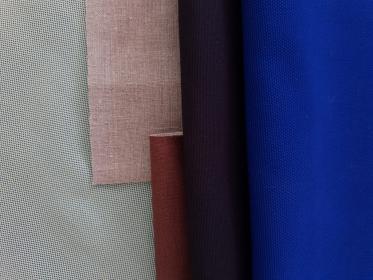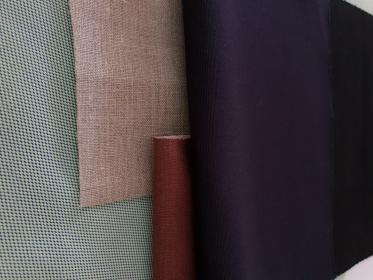Refashion: Renewal of accreditation for 2023-2028
Refashion, a textile industry’s eco-organisation, has renewed its authority approval until 2028. 6 years during which it will continue to transform the industry in keeping with the objectives set by the French Ministry of Ecological Transition and the French Ministry of the Economy, including the objective to collect 60% of CHF (clothing, household linen and footwear textiles) placed on the market by 2028. This new period is reflected in an ambitious road map and significantly increased investment. Nearly 1.2 billion euros, financed by the marketers, will be spent on transforming the industry during this new period of authority approval.
Determined to achieve the objectives set out in the ambitious specifications set down by the Secretary of State at the Ministry of Ecological Transition, Berangère Couillard, Refashion has worked on a road map with all of its stakeholders involved in the transformation that is underway. Maud Hardy, nominated as the eco-organisation’s CEO in January 2022, started a collaborative working method that will continue throughout this new period to support areas that are key in this transformation. In the next few months, projects will begin and will visibly highlight the progress made in the three phases of a product’s life cycle: production consumption, regeneration.
Production
- Recognising eco-design initiatives through the eco-modulation of the fees paid by marketers (durability, environmental information labelling, integration of recycled materials). For marketers, these initiatives should represent the scheme’s cornerstone. The aim is to involve all stakeholders in reducing the environmental impact of products.
Consumption
- As from 2023, Refashion will spend 5 million euros minimum per year in awareness-raising activities and on information to the general public by supporting an array of local authority initiatives.
- The launch of a repair fund in 2023, in particular to prolong the usage of textiles and footwear products. More than 150 million euros will be invested between 2023 and 2028 to change the habits of the French population to increase repairs by 35% (guideline target by the ADEME 2019).
Regeneration
- Accelerating clothing, household linen and footwear collection, in particular thanks to an operational mix in the sector. Funding traditional sorting operators will remain central, but Refashion will also develop an additional operational system in order to achieve the collection target of 60% of products placed onto the market (versus 34% in 2021).
- 5% of fees paid to Refashion will go towards the redeployment/reuse funds to provide support for reuse within the remit of stakeholders in the Social and Solidarity Economy. In addition to this funding, additional funding arrangements open to all stakeholders will be established. The total budget throughout the authority approval period represents 135 million euros.
- 5% of fees, i.e., 58 million euros in 6 years, will be spent on R&D to help achieve these milestones in order to industrialise the recycling of used CHF: recyclability that is considered during the design stage; automated sorting and recycling.
Refashion






